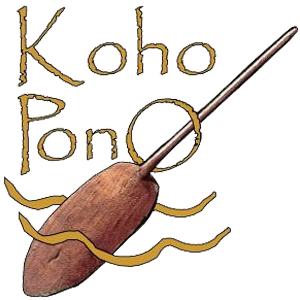Congratulations! You’ve written a book… now what?
Category : Authors Dayna Says Writers
Wow, you’ve written a book! That is really amazing since so few people have the persistence to sit down and write their stories out. Even fewer take the time to craft their stories into books. Congratulations.
So now what do you do? Right?
I’m not going to lay out the process for finding an agent or publisher, since that is explained in detail by many people. Writer’s Digest has been around for longer than I have been writing and they have lots of advice.
Publishing business models have really changed over the last decade. The e-Books and self-published books market is going up dramatically. Authors (and readers) no longer need publishers to get access to each other. There are some pros and cons about your choices moving forward because there are more publishing options. Authors need to make more informed choices based on individual goals.
There are many publishing choices:
- Traditional: using an agent, get into a big press
- Submitting to small and university presses
- Hybrid presses (They do what they are good at and you pitch in and do what you are good at – it’s a collaboration)
- Fully self-published (both print books and/or only eBook, blogs, articles, etc.)
Pros for the Traditional Model
- Professionals create your cover, format your book, edit it
- Professionals market it (they have established relationships and a strong reader base)
- There is status when you are published by a major press
We all know the negatives, so no need to go into them here. However, it is important to note that you will still need to do much of the marketing yourself, will likely have to sign over rights, and won’t make any money on your first book until your second book is about to go to press.
Pros for the SMALL PRESS Model
- You may get a small advance
- You usually get some input in book cover design
- They have people to help with marketing – but you will be expected to do the bulk of it
- There is status when you are published by an established press
BUT
- Do lots of research before choosing so you find a good fit
- There are lots of organizations out there happy to put their hand in your pocket to pull out money for very little value. Be careful.
- It takes a long time to hear back from them and they seldom give advances
- You probably won’t make a profit
- You need to be very careful of the contract points
Pros for Self-Publishing
- You’re in control
- (BUT THAT MEANS YOU ARE TOTALLY RESPONSIBLE FOR THE QUALITY)
- You retain all your rights, which is very important, especially if you want to produce derivative works
- You can do multiple versions of the same book for different markets
- You are unlikely to be put in a box (once successful, only write that kind of book; but will still feel the pressures from you readers)
- You get all of the money (minus costs and/or discounts)
- You have total control over formatting and book cover
- It is relatively easy and inexpensive if you have the skill sets
- Or you can develop relationships and barter skills with other artists (e.g., you write marketing copy for their websites and blurbs and PR and they design your book cover…)
- Their is a whole wonderful world of possibility for cost effective marketing on the web
- If your book does well, it may be picked up by a big publishing house (once the risk is gone)
- There is real satisfaction at every successful step of the “product” rollout
Negatives for Self-Publishing
- They really center around 2 things: time and quality
- You are 100% totally responsible for how the book turns out and all of the marketing, which really cuts into writing time and involves many different skill sets.
- It’s difficult to edit your own work and expensive to pay for a great editor who gets your vision
- Which is the very reason there is a stigma to self-publishing – too many of these books are poorly edited, badly formatted, and have deplorable covers
- Marketing and promotion of your book is entirely up to you. This is a different skill set and can really bite into writing time

